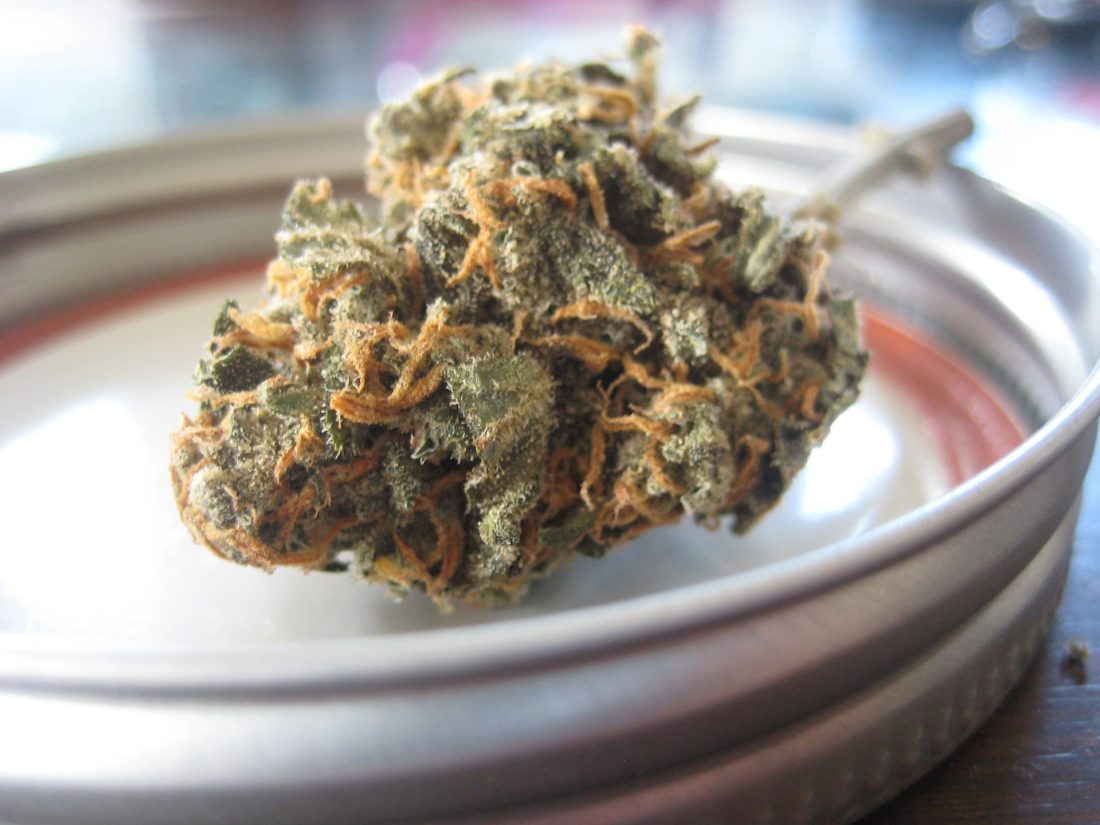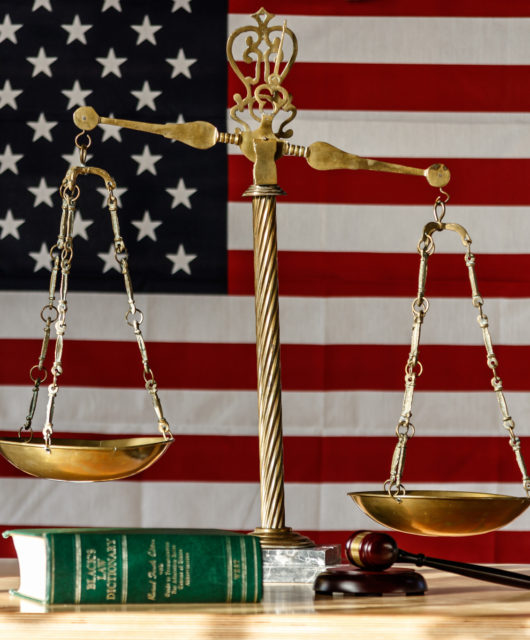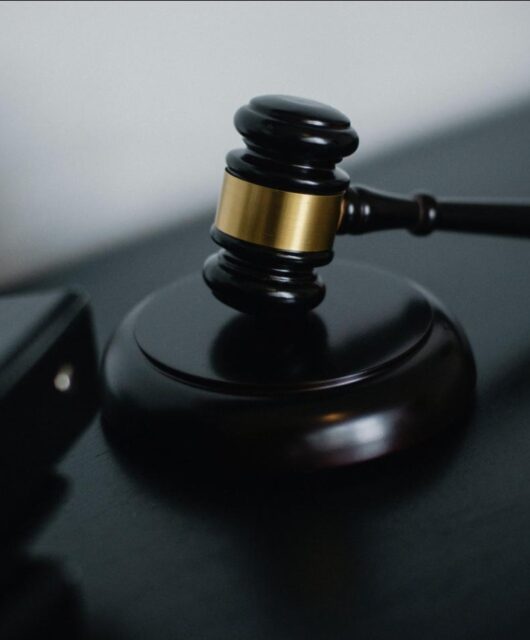7 things you need to know about CBD

According to recent surveys, more people than ever know what cannabidiol (CBD) is, and most have an opinion on it. The majority of these viewpoints are positive. CBD products are being taken to soothe many medical conditions, and sometimes even in place of prescription drugs. But the question remains: just how much do people really know about CBD?
For CBD newbies, and even those familiar with the substance, here are seven things you need to know.
It’s legal
Firstly, CBD is legal – even though it comes from the cannabis plant. The law is complex, and ever-changing, but CBD is available for anyone to buy nowadays because of the recent legalization of hemp and hemp-based products. Hemp is an unusual form of cannabis that has minimal levels of the psychoactive THC compound.
CBD products from hemp can be legally sold as dietary supplements, providing the amount of THC is kept below 0.3 percent. Brands like CBDistillery make the most of this limit, with full-spectrum CBD products that are manufactured with a whole-plant hemp extract.
CBD is not intoxicating
Key to the newfound success of CBD is the fact that it doesn’t get you ‘high’, as cannabis is both popular and notorious for. While marijuana is psychoactive, this is due to THC, and not the hundreds of other cannabinoids and terpenes found in the herb. CBD is non-psychoactive, in both small and large doses, and it doesn’t have addictive effects, either. The safe nature of CBD makes it a great alternative, natural health product that people can try for themselves, without needing guidance. Side effects from CBD usage are minimal – at worst, a hefty dose will leave you feeling rather sleepy.
CBD influences the endocannabinoid system (ECS)
What makes CBD so valuable and therapeutic is the unique way that it jives with the body to produce its benefits – specifically, it works in the endocannabinoid system (ECS). Our ECS is currently like a hidden treasure trove to scientists, who learned of it for the first time in the 1990s. This is where all cannabinoids from cannabis make a mark, although research indicates that cannabinoids are not solely active in the ECS. For the most part, CBD regulates the ECS, which explains its potential for myriad of illnesses.
CBD can help with anxiety
Anxiety patients perhaps have the most effective remedy yet for the condition in CBD. Dealing with generalized and social anxiety is made tougher, since symptoms are acute, and can be triggered unexpectedly or by certain situations. With the latter, the sufferer can usually tell when they are going to have problems (for instance, a social anxiety patient giving a speech). CBD outshines typical anxiolytic drugs by working immediately, when taken in the right form. CBD tincture oils and e-liquids are ideal.
CBD is great for pain relief
New painkillers can’t come soon enough. Many countries have been seriously affected by an opioid crisis – overdoses on prescription opioids have claimed more than 200,000 American lives since the late 1990s. CBD’s safety has never been in question, but its effectiveness as an analgesic is still being studied, particularly in comparison to the full cannabis plant. But CBD user surveys and preliminary studies suggest that hemp-based products can be efficiently used for pain management.
CBD could reduce addictive tendencies
CBD has massive potential as a treatment for drug addiction. The cannabinoid helps to prevent relapse by reducing cravings, and limiting the stress and anxiety caused by withdrawal from an addictive substance. Studies on rats with cocaine and alcohol addictions have demonstrated positive effects. A small study on CBD for smoking addiction also offered positive findings. Another encouraging theme was that a low dose of CBD could have sustained anti-addiction benefits.
We need more CBD research
There is lots to be getting excited about regarding CBD for several health problems. But animal testing and small human studies are no substitute for larger, controlled, clinical trials. Most of the research on CBD at present emphasizes the need for more comprehensive investigations and analysis. This has been difficult previously due to CBD’s status as a highly restricted Schedule 1 substance in the United States, but is becoming easier with the federal legalization of hemp.
Final thoughts
CBD vape juices can help with pain, edibles may treat sleep disorders, infused creams can help manage skin conditions, tincture oils regulate the endocannabinoid system, and so on. CBD’s wide range of uses explains why it’s absolutely everywhere right now. Think it may benefit you – why not give it a try?









